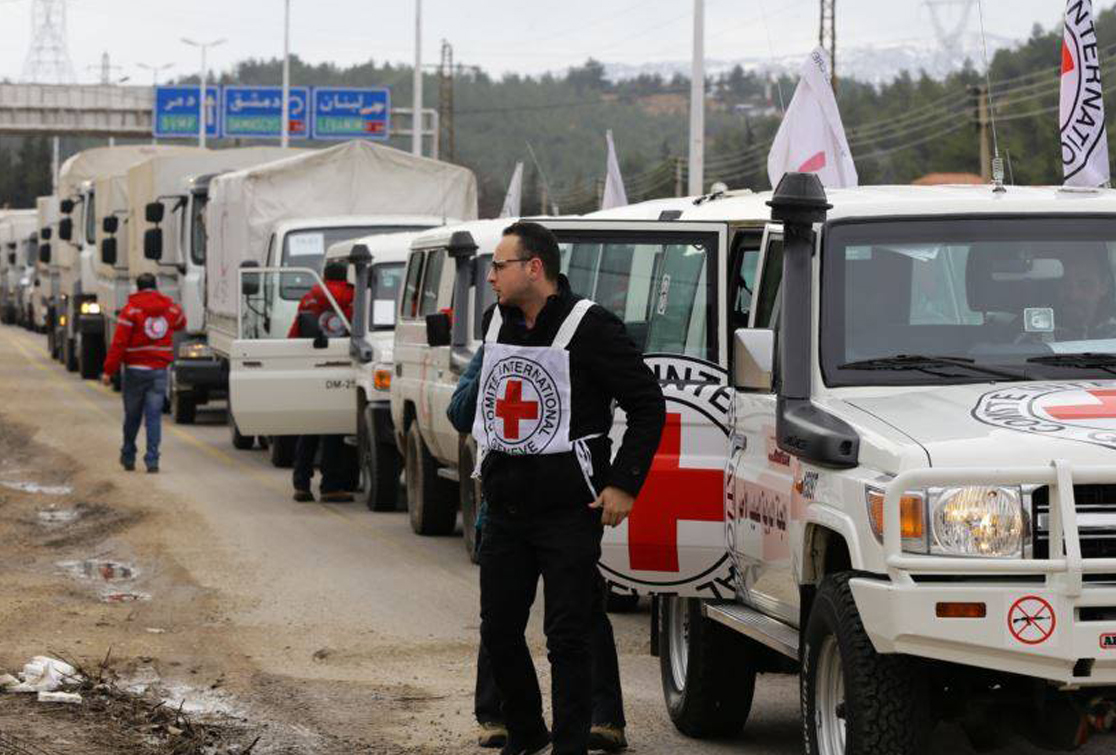
As peace talks commence between the Syrian government and opposition groups in Astana, Kazakhstan, at least 700,000 people inside Syria – 300,000 of them children – are trapped in besieged areas without the most basic provisions to sustain their lives, according to the United Nations. Some groups put the number at one million.
The ceasefire agreement brokered by Russia and Turkey on December 30th is welcome but it is only one step towards relieving the suffering of millions of Syrians. Almost five million people across the country have limited access to humanitarian aid. Fierce fighting has continued in the suburbs of Damascus, where millions have been deprived of access to clean water. Many Syrians are no less vulnerable than they were before the ceasefire.
If peace talks in Astana are to succeed, Russia and Turkey must ensure the ceasefire brings real change for Syrians, not only by halting the fighting completely but also by allowing sustained and unimpeded humanitarian access to all populations in need. The success of the talks will be measured by the abiding commitments made by all parties to unlock humanitarian access, end unlawful sieges, uphold the ceasefire and reconvene for inclusive political negotiations under UN auspices in Geneva on February 8th.
As co-organizers of the Astana talks and guarantors of the ceasefire, Russia and Turkey are in the spotlight. If they are unable or unwilling to bring about real humanitarian progress on the ground, history will judge their efforts harshly, and the suffering of millions of Syrians.


